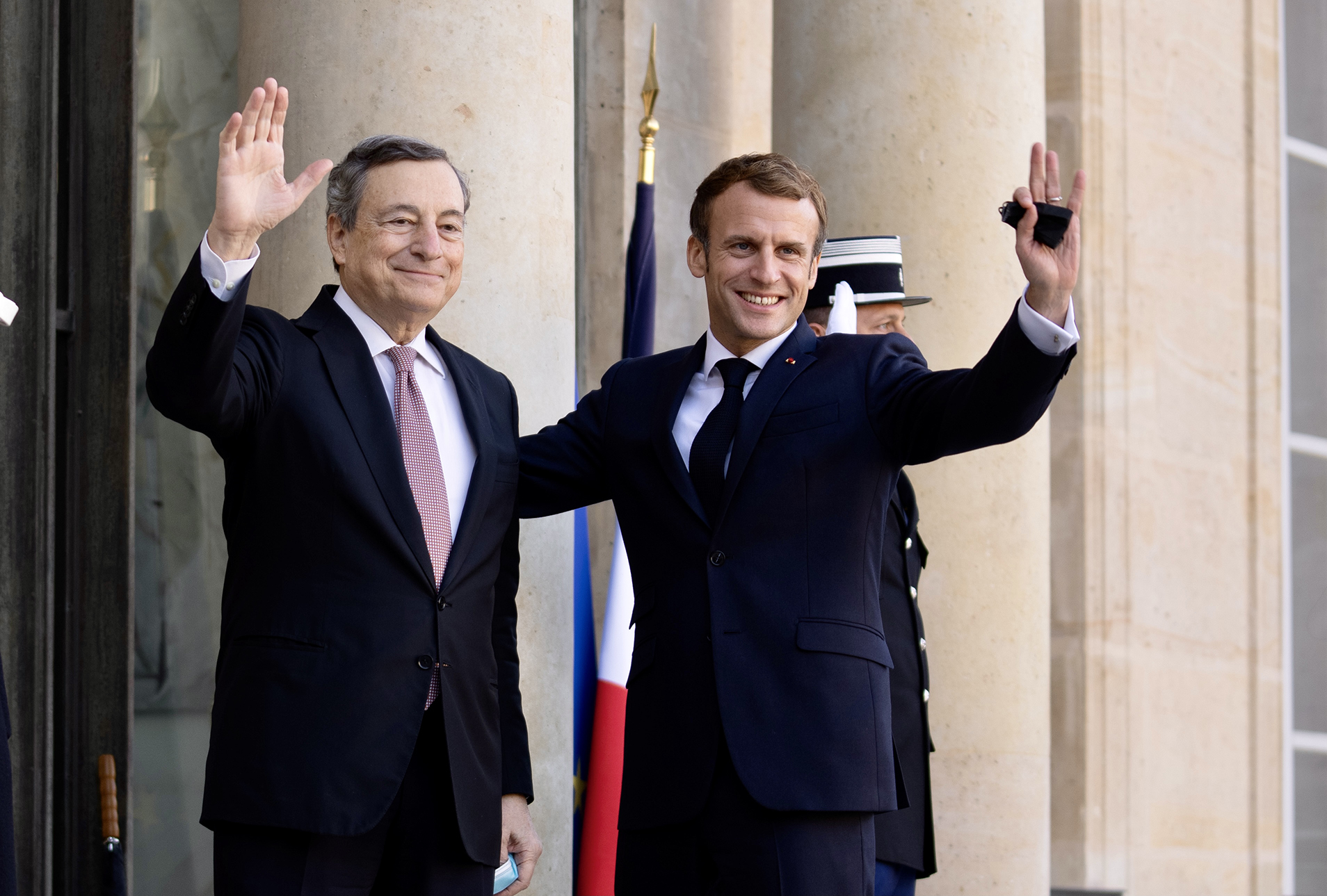Italy-France Treaty: aims, challenges and unknowns

The Italy-France Treaty which will be signed on November 26 in Rome as seen by Francesco Sisci, journalist, essayist and sinologist, interviewed by the Subsidiary
"Will the Quirinal Treaty still be a void to lose or will Frantalia be born?". This is asked by Francesco Sisci, sinologist and journalist, thirty years in China as a correspondent first for Ansa and then for La Stampa , a columnist, now a commentator for various newspapers. Macron will be in Italy on 25 and 26 November to sign the so-called Quirinal Treaty with Mario Draghi. Little or nothing is still known about the contents of the treaty, at the center of what now appears to be a "machine" – all political – of silence.
Yeah, what's your impression?
We do not know the contents of the agreement, but the political signal is still very strong.
But you yourself admit we don't know. So what are we talking about?
Of the political fact. If the agreement is true and substantial, it is a true strategic revolution within the EU. The 1963 Elysée Pact between France and Germany, to which that of the Quirinale seems to be inspired, was very different. It came at an important moment of European reconciliation between two countries that had fought each other for centuries and in the midst of the Cold War. France and Germany became the economic and political engine of Europe facing the USSR. All blessed by the USA.
Today instead?
Today the Quirinal pact comes at a time of great political weakness in Italy and of great uncertainty in Europe. Russia pressures Ukraine in the Donbass, seeks integration with Belarus and attempts to isolate Poland, squeezing it against Germany or the rest of Europe. The United Kingdom has left the Union and is therefore out of its political dialectic. China is a 360-degree challenge and objectively also presents European countries with important dilemmas. Russia, a well-rounded strategist, also sees an opportunity in American attention in Asia and China and pushes for space in the old continent.
Then there is the great terrain of Africa.
Surely. In Africa, greater coordination between France and Italy can contribute to the security of the southern front of Europe and to NATO. But precisely because this pact is part of so many such important dynamics, and it does so in a moment of uncertainty, if it starts to work it will create challenges for the rest of the EU.
What kind of challenges?
Will there be a reunification between Germany and Austria, Spain and Portugal, Poland and Ukraine? It is not a joke.
Are you sure?
Just as Catalonia's pro-independence pressures create emulation upheavals throughout the continent, the same would happen with a profound rapprochement between France and Italy. This would put our country back at the center of European political dynamics, as long as we know it, have calculated it and are prepared.
And this is all to be verified. Historical precedents do not help us.
Indeed. It's like going on a train at 300 per hour: is it necessary? Absolutely yes, but if the tracks and carriages are not suitable, it derails.
Doubts do not necessarily clear up.
The deal should put some concrete legs. Example: a revolutionary transport system that connects Italy to Elba, Sardinia and Corsica. A sort of "Napoleon railway". If so, the agreement would put an end to the isolation of Corsica and Sardinia. The same could be done with the bridge over the Strait of Messina. It would also be important to think of having trans-European and transatlantic companies. From this point of view, the French or American or German acquisitions in Italy should be seen positively because they would give substance to this union; certainly the same should be able to happen abroad for Italian companies, which should not suffer obstacles.
What to do then?
Strong, all-round projects are needed, such as that of creating an infrastructure network between Europe and Africa. Here France and Italy could be very important as long as things get done. But the rest of Europe and the United States must be involved in this. The France-Italy pact is not simply two. It takes very big shoulders for all of this.
Do France and Italy have them?
France can handle all this, but Italy? Not to mention internal reflections: what impact will such an agreement have in the crisis of the parties? Will a new void be lost in Italian?
(extract from an interview published in the Subsidiary )
This is a machine translation from Italian language of a post published on Start Magazine at the URL https://www.startmag.it/mondo/trattato-italia-francia-fini-sfide-e-incognite/ on Tue, 23 Nov 2021 07:18:55 +0000.
